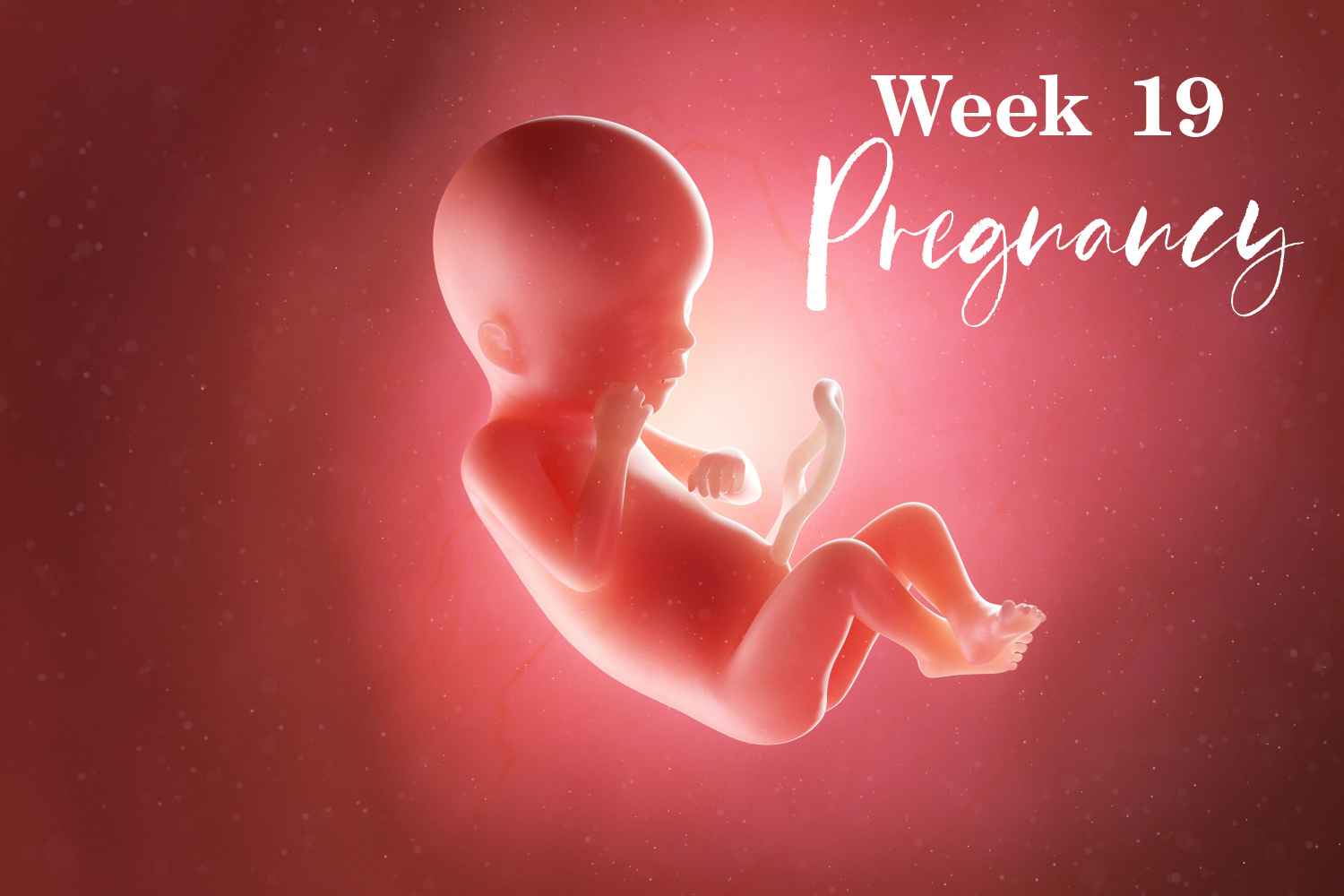
You are almost halfway through your second trimester. So far, the second trimester has been good and fresh. If you are lucky enough, your morning sickness might have subsided, and your energy levels will be high. Your little one is growing, and so is your bump. As your baby bumps grow, you might experience many changes, like back aches and swelling. Let us discuss more about how does your body change during week 19 of pregnancy.
How Does Your Body Change During Week 19 of Pregnancy?
There are several changes that your body undergoes during week 19 of pregnancy. One of the most acute symptoms is pain in the pelvic region and lower back. Let us discuss in detail the symptoms.
1. Pain in the Pelvic Region and Lower Back
Many women might experience pain in the pelvic region, also known as pregnancy-related pelvic girdle pain (PGP) or symphysis pubis dysfunction (SPD). When the pelvis becomes stiff or there is uneven joint movement in the pelvis, you might be prone to PGP. While it might be painful, it is not harmful to your baby.
What to do?
When you feel pain in your pelvic area, consult a doctor as soon as possible. Early detection and treatment would help ease the pain. Your doctor may suggest physiotherapy, which includes several exercises to loosen the joints.
Other Symptoms
The other symptoms you might have experienced in the previous weeks will continue during week 19 of pregnancy.
1. Fetal Movements
Your little one is growing, and their movements could be more evident during week 19 of pregnancy. You might find that the kicks and turns are increasing day by day.
What to do?
This is a beautiful phase and enjoy the kicks. If you do not find any movements for longer, consult a doctor immediately.
2. Stretch Marks
Stretch marks are the beautiful ornaments that pregnancy could give you. The pressure on the uterus and pelvic area increases as the weeks pass. The pressure also expands the skin, causing it to stretch and create marks on the skin.
What to do?
There are several gels available in OTC that can help relieve the stretch marks after delivery. You can also follow other home remedies after consulting the doctor.
3. Dizziness
The increasing pregnancy hormones could make you feel dizzy. While some women may find it more often, others might have gotten rid of dizziness by week 19 of pregnancy.
What to do?
Make sure you are hydrated to avoid dizziness. Eat healthy food and avoid sitting or standing in the same position for a long time. Consult your doctor if you have severe dizziness.
4. Constipation
By now, you might have experienced constipation on and off the pregnancy. The increasing pregnancy hormones can also make you constipated.
What to do?
Eat more fibrous food to soothe constipation. Keep yourself well hydrated and avoid spicy food.
5. Excess Saliva
You might struggle with excess saliva if you still have nausea and vomiting. The increasing pregnancy hormones and morning sickness are the culprits for excess saliva. Do not panic if you find yourself spitting several times and filling up many tissues.
What to do?
Ensure to keep yourself well hydrated. It is ok to spit often. Talk to the people around you and make them understand your situation. If you find it very difficult, talk to your doctor. Avoid eating spicy food. Stick to a healthy diet.
6. Pregnancy Brain / Forgetfulness
Forgetfulness is a mess, even when not pregnant. But if you are pregnant, you are more likely to be forgetful. That is why they call it pregnancy brain. This is just a phase, and you will return to normal soon.
What to do?
Keep a note of everything that you have to do. Also, explain your condition to the people around you and seek their help.
7. Clumsiness
If you are a person who keeps your place neat and clean, you might find yourself clumsy during pregnancy. There is nothing to be ashamed of. During pregnancy, your hormones change, and so do your comfort zone and preferences.
What to do?
Try to take the help of your relatives and friends to keep your place clean and neat. This is just a phase, and you will be back soon.
8. Swelling
Most pregnant women face swelling in their fingers, hands, and ankles. Some women also have to swell in their faces. This is due to the storage of excess fluids in the body. Your body needs more fluid to support two lives.
What to do?
Take a good hot water massage. Avoid sitting in the same place for a longer time. Try to keep your legs elevated while you sit. The swelling will go away after your delivery.
9. Bloating and Gas
Bloating and gas are other predominant struggles that pregnant women face. The increasing levels of pregnancy hormones are the primary reason for bloating.
What to do?
Keep yourself hydrated and avoid spicy food to avoid bloating and gas.
Your little one is growing and will be the size of a mango by week 19 of pregnancy. The body changes itself to support and develop the fetus. This causes a lot of changes in your body and exhibits several symptoms. It is essential to understand the purpose of each of them and take steps to soothe the pain.
Happy Pregnancy!
Read Also: How Does Your Body Change in Week 20 of Pregnancy?
